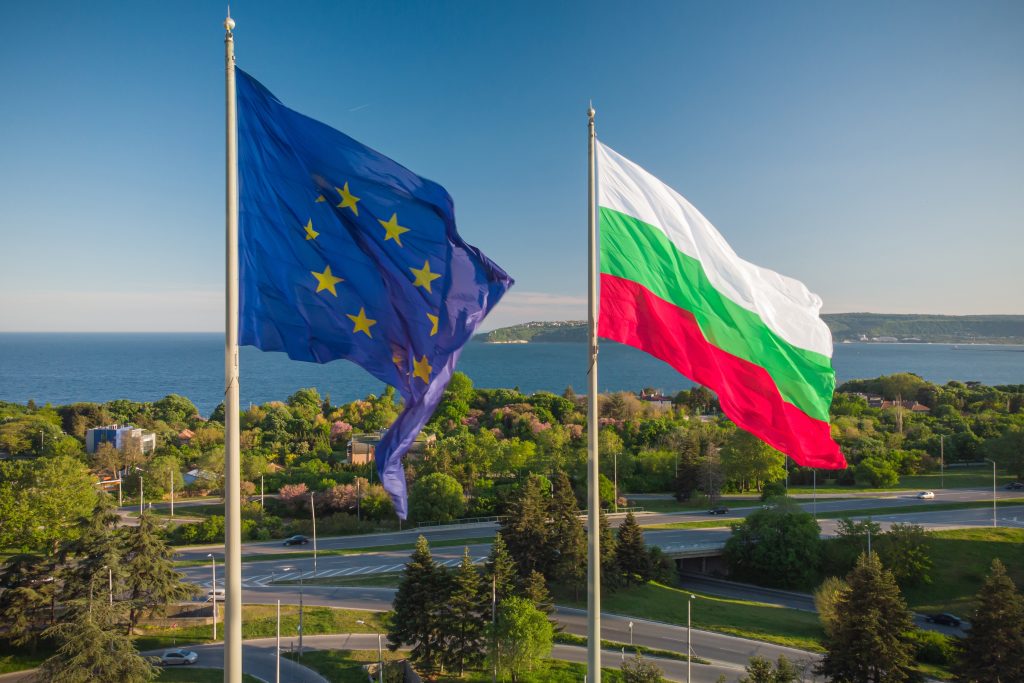- 19 Augusta, 2024
- Novosti
Bulgarian News: A Glimpse into the Nation’s Pulse

Bulgaria, a Balkan country rich in history and cultural diversity, is home to a vibrant and dynamic media landscape. Bulgarian news outlets provide a window into the country's political, social, and economic developments, offering valuable insights for both local audiences and the international community. In this article, we explore the structure of the Bulgarian news ecosystem, the major players, the challenges it faces, and its role in shaping public opinion.
The Structure of Bulgarian Media
Bulgaria's media environment is diverse, encompassing a mix of traditional and digital platforms. Key categories include:
-
Television: Television remains the most influential medium for news consumption. National channels like bTV, Nova TV, and the state-run Bulgarian National Television (BNT) dominate the airwaves, offering a blend of news, entertainment, and cultural programming.
-
Print Media: Newspapers such as 24 Chasa, Trud, and Capital Weekly continue to be significant, though readership has declined in the digital age. They focus on in-depth reporting, investigative journalism, and opinion pieces.
-
Online News: Digital platforms are rapidly gaining prominence, with portals like Dnevnik, Mediapool, and OFFNews leading the charge. Social media also plays a crucial role, with platforms like Facebook and Twitter often serving as primary sources for breaking news.
-
Radio: Bulgaria's radio stations, such as Darik Radio and BNR (Bulgarian National Radio), provide accessible news coverage, particularly for rural populations.
-
International Outlets: Channels like Euronews Bulgaria bridge local and global perspectives, delivering Bulgarian news to international audiences.
Key Topics in Bulgarian News
Bulgarian news covers a wide range of topics, reflecting the diverse interests and concerns of its audience. Among the most discussed areas are:
-
Politics: Political reporting is a cornerstone of Bulgarian journalism. Recent years have seen extensive coverage of government reforms, anti-corruption efforts, and election cycles, with a focus on the country's alignment with European Union policies.
-
Economy: News about Bulgaria's economic performance, including updates on foreign investments, tourism, and the IT sector, attracts significant attention. Coverage also highlights challenges such as inflation and workforce migration.
-
Social Issues: Bulgarian media actively reports on social concerns, such as healthcare reform, education policies, and demographic trends like aging populations and emigration.
-
Culture and History: With its rich heritage, Bulgaria's cultural events, historical anniversaries, and traditional festivals often make headlines, showcasing the nation's identity.
-
International Relations: Bulgaria's role in the EU and NATO, as well as its relationships with neighboring countries, frequently feature in news reports.
Challenges in the Bulgarian News Ecosystem
Despite its vibrancy, the Bulgarian media landscape faces several challenges that impact its effectiveness and credibility:
-
Media Ownership and Transparency: Concerns about the concentration of media ownership and opaque funding sources have raised questions about the independence of some outlets. Certain media conglomerates are perceived to prioritize political or business interests over journalistic integrity.
-
Press Freedom: Bulgaria has faced criticism for declining press freedom rankings in recent years. Issues such as political interference, self-censorship, and pressure on investigative journalists have been highlighted by organizations like Reporters Without Borders.
-
Fake News and Misinformation: The rise of digital platforms has amplified the spread of fake news and conspiracy theories. Combating misinformation remains a significant challenge for legitimate media outlets.
-
Economic Viability: The shift from print to digital has disrupted traditional revenue streams. Many outlets struggle to balance profitability with high-quality journalism.
-
Trust in Media: Public trust in Bulgarian media has been eroded by perceptions of bias and sensationalism. Efforts to rebuild credibility are essential for fostering an informed society.
The Role of Bulgarian News in Society
Bulgarian news outlets play a crucial role in shaping public opinion, holding authorities accountable, and fostering civic engagement. Investigative journalism, in particular, has been instrumental in exposing corruption and advocating for transparency.
Moreover, the media serves as a bridge between Bulgaria and the world, highlighting the country's achievements, challenges, and aspirations on the global stage. Through balanced reporting and diverse perspectives, Bulgarian news platforms contribute to a well-rounded understanding of national and international events.
Future of Bulgarian News
The Bulgarian media landscape is at a crossroads, with technology and societal changes driving its evolution. Key trends shaping its future include:
-
Digital Transformation: As more audiences shift online, media outlets are investing in mobile-friendly platforms, video content, and interactive storytelling to engage readers.
-
Data-Driven Journalism: The use of data analytics and visualization tools is enhancing the depth and accuracy of reporting.
-
Collaborative Journalism: Partnerships between Bulgarian and international media organizations are expanding access to resources and expertise, improving investigative coverage.
-
Media Literacy Initiatives: Efforts to educate the public on identifying reliable sources and discerning credible information are critical in the fight against misinformation.
Conclusion
Bulgarian news continues to be a vital component of the nation’s democratic fabric, reflecting its complexities and aspirations. While challenges like media ownership and misinformation persist, the resilience of Bulgaria's journalists and their commitment to uncovering the truth remain unwavering. With ongoing innovation and a focus on transparency, Bulgarian media is poised to navigate the shifting dynamics of the digital age, ensuring that it remains a trusted source of information for years to come.

